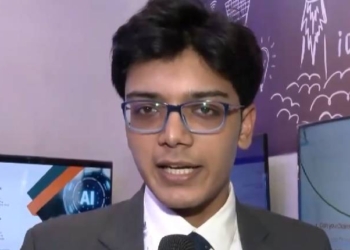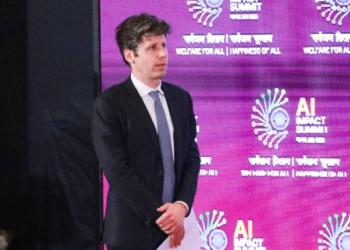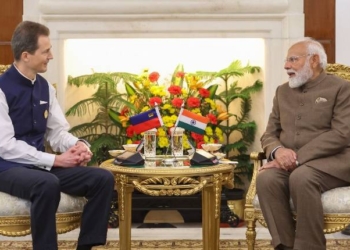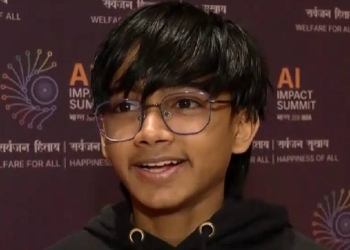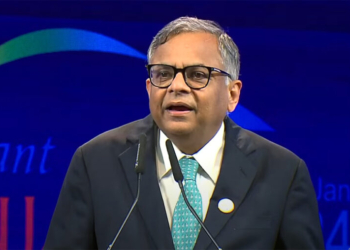London: Several authors have been left shocked after seeing artificial intelligence (AI)-generated ripoffs of their books being sold on e-commerce giant Amazon.
Writer-journalist Rory Cellan-Jones recently saw a memoir on Amazon he wrote with a “naively designed cover by someone he had never heard of,” reports The Guardian.
“I thought: ‘This is strange — who’s writing a biography of me?'” Cellan-Jones was quoted as saying.
It was revealed that his memoir had text apparently generated by AI, as ChatGPT has enabled people to generate pages of text without them writing those.
The biography and other titles by the pseudonymous author were removed by Amazon but “plenty more get through the filters intended to weed out low-quality books,” the report said.
Fifteen AI-generated books by someone known as ‘Steven Walryn’ were published in one day but removed by Amazon months later.
In August, author Jane Friedman, who writes about publishing, forced Amazon to remove five bogus titles in her name that were AI-generated.
“Amazon is clearly facing significant challenges with the influx of AI-generated products in its stores, and it appears to be playing catchup,” Nicola Solomon, the chief executive of the Society of Authors (SoA), was quoted as saying in the report.
Authors such as Margaret Atwood, Viet Thanh Nguyen and Philip Pullman are also concerned their work is being used in large language models to train AI without their consent, compensation or credit.
An Amazon spokesperson said that the company invests significant time and resources to “ensure our guidelines are followed and remove books that do not adhere to them”.
“While we allow AI-generated content, we don’t allow AI-generated content that violates our content guidelines, including content that creates a disappointing customer experience,” the company added.
Last month, The Authors’ Guild and 17 well-known authors like Jonathan Franzen, John Grisham, George R.R. Martin, and Jodi Picoult filed a fresh lawsuit in the Southern district of New York against OpenAI.
According to the complaint, OpenAI “copied plaintiffs’ works wholesale, without permission or consideration” and fed the copyrighted materials into large language models.
In the same month, authors Michael Chabon, David Henry Hwang, Rachel Louise Snyder and Ayelet Waldman alleged in a lawsuit that OpenAI benefits and profits from the “unauthorised and illegal use” of their copyrighted content.
(IANS)




